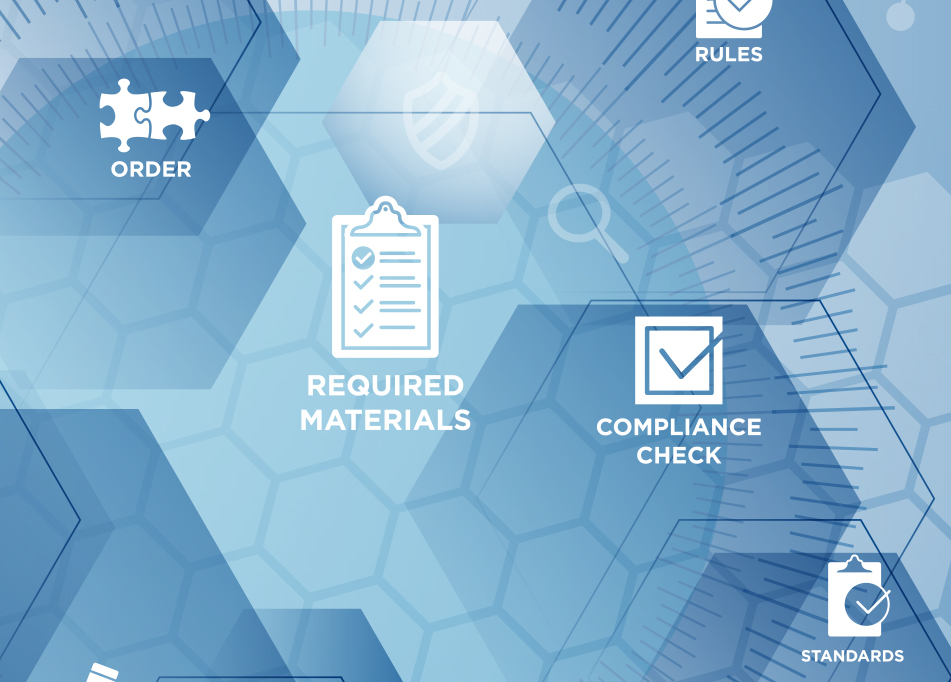Clinical laboratory’s shortcut results in nearly 18,000 unpaid tests. Vachette Pathology CEO identifies how laboratories can avoid similar situations
Compensation for COVID-19 testing is critical to clinical laboratories that have invested in developing such testing capabilities. However, labs may be encountering numerous types of reimbursement programs—federal, state, local, and/or emergency funding, and private payer preferences—relating to the COVID pandemic. All of this can put labs in the precarious position of not only waiting for reimbursement but defending claims for their COVID-19 testing.
At the same time, high charges for COVID-19 testing have received broad media and public attention. This creates an added sense of scrutiny from payers and other stakeholders. A recent study published in the Journal of General Internal Medicine in September 2020 is gaining attention for exploring charges for commonly performed COVID-19 diagnostic test codes. The information includes interesting data from some 165 independent laboratories, 325 hospital outpatient settings, 214 physician offices, and 60 other facilities.
Even though federal legislation, and specifically the Families First Coronavirus Response Act (FFCRA) and the Coronavirus Aid, Relief, and Economic Security (CARES) Act, established various avenues for funding COVID testing, reimbursement can seem unjustified, unclear, and even unreachable at times.
Early in the outbreak, for example, the federal Centers for Medicare and Medicaid Services (CMS) set the price that the Medicare program would reimburse for a molecular COVID-19 test at just $51. As it turned out, this price was below the cost of most labs to perform such tests. Adding insult to injury, many private insurers set their reimbursement rates based on that Medicare price. CMS officials evidently were compelled to rethink that price because on April 14, 2020, CMS increased Medicare reimbursement for molecular COVID-19 tests to $100, and data showed the number of COVID-19 lab tests doubled in the week after this price increase.
New Announcement, COVID-19 Test Reimbursement Continues to Evolve for Clinical Laboratories
In mid-October 2020, CMS announced new actions to reward quickly expedited COVID-19 test results. Starting Jan. 1, 2021, Medicare will pay that $100 only to those laboratories that complete high-throughput COVID-19 diagnostic tests within two calendar days of the specimen being collected. Also effective Jan. 1, 2021, for laboratories that take longer than two days to complete these tests, Medicare will pay a rate of $75 (the new base payment amount). With this announcement, clinical laboratories should also be aware of a new HCPCS code (U0005) that has been created for the new conditional $25 add-on payment for the quick turnaround time.
Faster turnaround times are seen as a way to curb spread of the SARS-CoV-2 virus. The latest payment terms are implemented under CMS Rulings, Administrative Ruling (CMS-2020-1-R2)
Independent laboratories perform nearly half of all COVID-19 diagnostic tests, according to that study of charges that was published in the Journal of General Internal Medicine, with an average charge of about $144.
The rules of reimbursing clinical laboratories for COVID-19 testing are complicated, according to Mick Raich of Vachette Pathology, a firm that watches trends in reimbursement and assists clinical laboratories with billing improvements. Raich is a nationally recognized pathology and laboratory billing consultant, who has spent decades in healthcare.
Unique Conditions of Payment, Rules Create Hurdles for Clinical Laboratory COVID-19 Testing Reimbursement
As clinical laboratories deal with the sudden changes brought about by the COVID-19 pandemic, Raich says that one of the biggest challenges faced by these labs is in the area of reimbursement and billing. To better understand the challenges that labs are facing, the COVID-19 STAT Intelligence Briefings Service spoke with Raich about ways that labs can approach these problems.

There are several areas that Raich identified as problematic for clinical laboratories. The first and biggest of these problems involves some of the rules that labs are facing. “We still have this issue of there being certain rules around the public health emergency,” Raich told STAT COVID-19. “You can’t balance bill the patient, for example, during a public health emergency. Yet we have some insurance plans that are paying the patient when the COVID test is done, instead of paying the lab.”
This makes it harder for laboratories to collect payment. “The lab has to ask the patient for the money sent to the patient, because, technically, that’s the lab’s payment for that test. But the rule says you can’t balance bill a patient,” Raich explained. “So it’s not actually a balance bill; it’s the initial bill, but the initial bill goes to the insurance company, and the insurance company says they are giving money to the patient. The lab then ends up balance billing the patient for something they should have gotten paid for in the first place.”
Another common problem Raich explained is clinical laboratories that are failing to take the time to understand COVID-19 billing and do it correctly. “One lab has billed 18,000 COVID tests but has only been paid on six of them,” Raich said. “The biller didn’t understand how to bill for the COVID tests, did not understand the process for how to bill it out, and just didn’t do the due diligence.
“That money can be recovered, but it involves a process,” said Raich. “You have to do a forensic autopsy of the claim. You have to go back and say ‘alright, what did we do, how did we bill it out, what did it look like?’ Then you literally have to go through claim by claim, line by line on the claim, and figure out what was billed out to see how it has to be resubmitted to be billed correctly. The good news is you’re going to get paid on that if you do it right. It just takes time.
Another major issue is bad demographic information from patients. This has been a constant issue with labs for years but with the sudden rush to bill COVID it is exaggerated.”
To avoid ending up in similar situations, Raich recommends that clinical laboratory leaders take the time for the due diligence needed to avoid these billing issues. “The rule is this: Slow is smooth, smooth is fast,” Raich said. “If you just slow the process you will be amazed. When we get calls, when the trailer’s on fire, it’s almost always because they haven’t done their due diligence.”
By taking the time to perform due diligence and being aware of the potential pitfalls in the rules governing billing during the public health emergency, clinical laboratories can be better equipped to ensure that their billing process for COVID-19 testing is successful. Following Raich’s advice and having a good billing process may make all the difference.

—By Caleb Williams, Editor, COVID-19 STAT
Related Resources:
Journal of General Internal Medicine: Charges of COVID-19 Diagnostic Testing and Antibody Testing Across Facility Types and States
The Dark Report: Medicare to Cut Payment for COVID Tests Starting Jan. 1
CMS Rulings: Ruling No.: CMS-2020-1-R2







